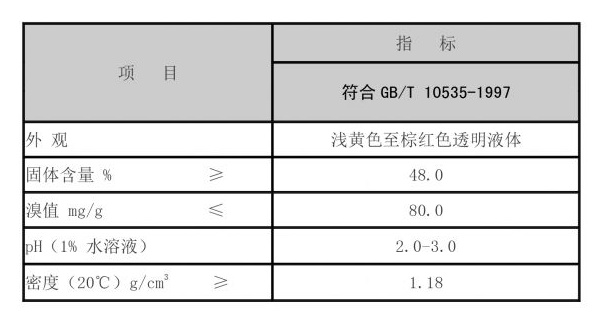corrosion & scale inhibitors
Corrosion and Scale Inhibitors Understanding Their Importance in Industrial Processes
Corrosion and scale formation are significant challenges faced by various industries, particularly those involving water systems and metal components. These issues can lead to equipment failure, increased maintenance costs, and reduced operational efficiency. To combat these problems, the application of corrosion and scale inhibitors has become essential.
Corrosion and Scale Inhibitors Understanding Their Importance in Industrial Processes
Corrosion and scale inhibitors are chemical compounds that help mitigate these issues. They work by either forming a protective layer on the metal surface or interfering with the chemical processes that lead to corrosion and scale deposits. The choice of inhibitor often depends on the specific conditions of the system, including temperature, pressure, and the types of materials involved.
corrosion & scale inhibitors

There are various types of corrosion inhibitors, broadly classified into anodic inhibitors, cathodic inhibitors, and volatile inhibitors. Anodic inhibitors, such as chromates and phosphates, work by passivating the anode (positive terminal) of a corrosion cell. Cathodic inhibitors, like zinc salts, reduce the cathodic reaction and are effective in preventing corrosion in acidic environments. Volatile inhibitors form a protective layer in the vapor space of enclosed systems, preventing moisture and corrosive agents from coming into contact with metal surfaces.
Scale inhibitors typically function by sequestering dissolved minerals, preventing them from crystallizing into solid form. Common chemical agents include polyacrylates, phosphonates, and various organic polymers. These inhibitors can change the morphology of the deposits, making them softer and easier to remove, rather than allowing them to harden onto surfaces.
Implementing corrosion and scale inhibitors not only preserves the integrity of industrial equipment but also enhances efficiency by maintaining optimal flow rates and heat transfer capabilities. Regular monitoring and the appropriate application of these inhibitors are crucial in managing water treatment systems effectively.
In conclusion, the use of corrosion and scale inhibitors is vital for industries that rely heavily on metal components and water systems. By preventing deterioration and buildup, these chemicals play a crucial role in ensuring smooth operations and minimizing costs associated with maintenance and repair. As industrial processes evolve, the development of more effective and environmentally friendly inhibitors remains a priority for ensuring sustainability.
-
Water Treatment with Flocculant Water TreatmentNewsJun.12,2025
-
Polymaleic AnhydrideNewsJun.12,2025
-
Polyaspartic AcidNewsJun.12,2025
-
Enhance Industrial Processes with IsothiazolinonesNewsJun.12,2025
-
Enhance Industrial Processes with PBTCA SolutionsNewsJun.12,2025
-
Dodecyldimethylbenzylammonium Chloride SolutionsNewsJun.12,2025





